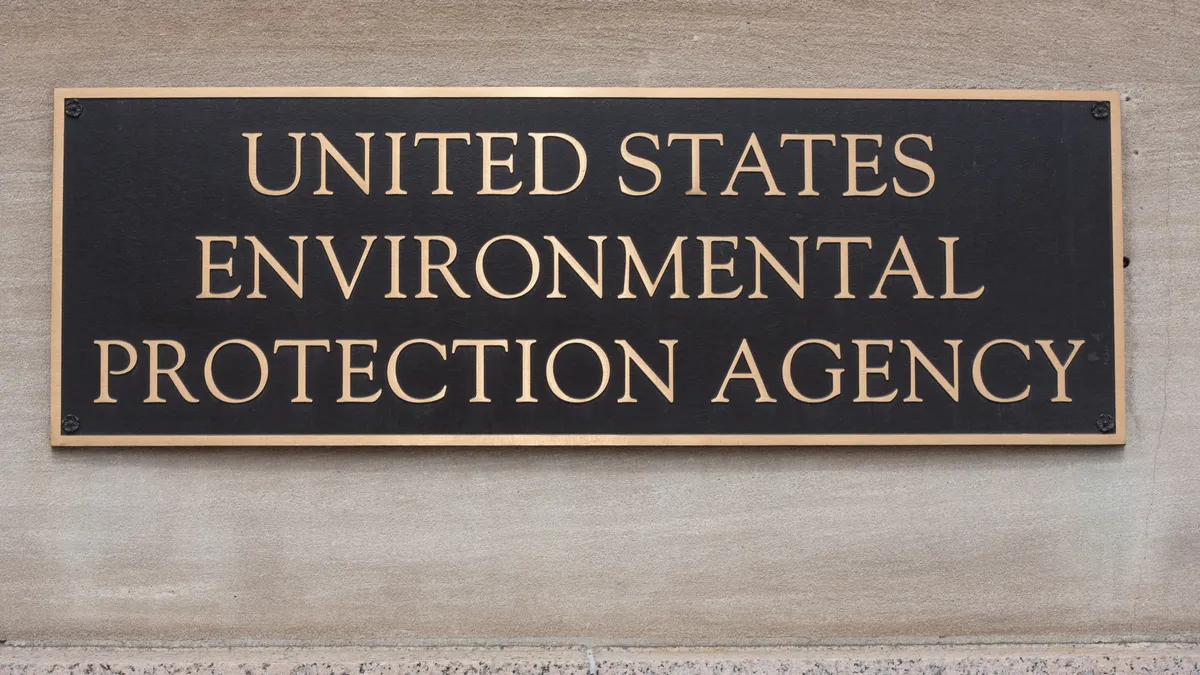The U.S. Environmental Protection Agency on Wednesday proposed new federal emissions standards for passenger vehicles and trucks that policymakers and climate advocates expect will accelerate the shift to zero-emission vehicles. Described as the “strongest-ever pollution standards” by the Biden administration, the EPA estimates that electric vehicles will account for 67% of all new light-duty vehicle sales by model year 2032, an increase from the Biden administration’s goal of 50% EV sales by 2030.
“These actions will accelerate the ongoing transition to a clean vehicles future, tackle the climate crisis and improve our air quality for communities across the country,” EPA Administrator Michael Regan said on a press call Tuesday afternoon.
The tighter standards would apply to model years 2027 and later light- and medium-duty vehicles. According to the EPA, the proposed standards would avoid almost 10 billion tons of CO2 emissions through 2055 — more than double the nation’s total CO2 emissions in 2022 — and reduce other harmful emissions, such as particulate matter. Heavy-duty trucks would be covered under a separate set of standards.
“Putting more zero-emission vehicles on the road will drastically improve quality of life and help mitigate harmful impacts from climate change,” said Larissa Koehler, director of vehicle electrification and senior attorney at the Environmental Defense Fund, in an interview. “For pollution-burdened communities that have also often borne the brunt of harmful air pollution and climate change issues, I think just making sure that we're prioritizing those communities in this transition is going to be so particularly important.”
The proposed standards do not mandate zero-emission vehicles. They set emissions targets based on grams per mile, allowing motor vehicle manufacturers to determine how best to meet the rules. “These standards are technology-neutral,” White House National Climate Advisor Ali Zaidi said on the call.
But the Alliance for Automotive Innovation, representing the auto industry, warned in a memo that the shift to EVs “requires a massive, 100-year change to the U.S. industrial base and the way Americans drive.” The trade group said the feasibility of the EPA’s proposed changes depends on supportive public policy and market conditions, including charging infrastructure and utility capacity.
The proposed standards will likely be contested in court and Congress.















